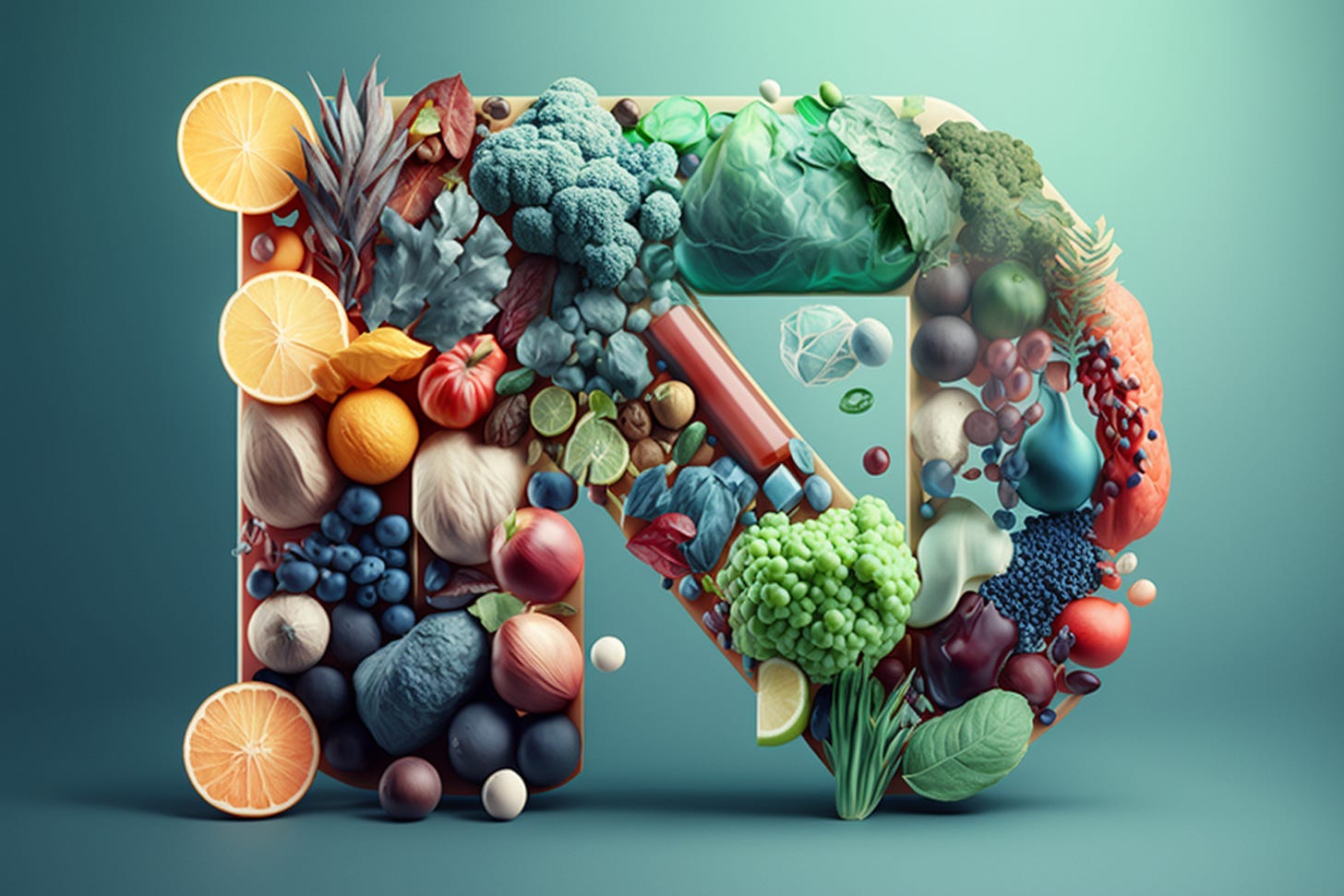How do I start eating a more balanced diet
Fueling Your Body with Health and Wellness: Practical Steps and Tips for Adopting a Balanced Diet and Lifestyle
Eating a more balanced diet can be an intimidating prospect, especially for those just starting out. A well-balanced diet consists of all the essential vitamins and minerals needed to stay healthy, as well as plenty of fruits and vegetables. Here are some tips on how to start eating a healthier, more balanced diet:
1) Start with Small Changes: Making drastic changes in your dietary habits may seem daunting at first so take it one step at a time. Try swapping processed foods for fresh options such as lean proteins (e.g., fish or chicken), whole grains like quinoa or oats instead of refined wheat products (white breads and pasta). Trade sugary snacks for high fiber ones like nuts or fruit!
2) Add More Fruits & Veggies: Incorporate nutrient-dense produce into meals by replacing starchy sides with veggies that add color and texture while keeping you full longer than plain carbs do. Think roasted brussels sprouts rather than mashed potatoes! Take advantage of seasonal produce when possible – it will often taste better too!
3) Drink Plenty Of Water: Staying hydrated is important no matter what type of lifestyle you lead but drinking enough water each day will help ensure proper digestion which leads us back to having energy throughout our day from food consumption alone! Try carrying around a reusable bottle that you filled up with water before leaving home every morning so there's always access if thirst strikes during errands or work.
4) Cut Out Unnecessary Calories: There are many ways we end up consuming extra calories without realizing it – from sodas containing hidden sugar amounts to coffees topped off with creamers and syrups. By nixing these items altogether, or finding a better alternative, you can limit excess calorie intake. Don't forget about portion control either. If you’re snacking, make sure not to overindulge past satiation, where additional bites become unnecessary additions leading to weight gain overtime.
5) Be Mindful While Eating: Think twice before mindlessly reaching towards snack bowls, chips, bagels, and boxes of cookies… Instead, slow down and savor the flavors that are present in the moment. Try to actively engage in your senses of sight, smell, and touch alongside tasting. Notice colors, how different textures vary, chew thoroughly before swallowing. Also, remember variety is key. Mix the things that you store in your cupboards, fridge, freezer, and pantry up to keep your diet interesting.
When it comes to staying healthy, vitamins and minerals play a critical role in our bodies. From helping us get the most out of our food to preventing disease, these essential nutrients are vital for maintaining optimal health and well-being. Here is what you need to know about which vitamins and minerals your body needs:
Vitamin A helps keep eyesight strong by protecting the surface of your eye from infection or deterioration over time. You can find this vitamin in foods such as carrots, sweet potatoes, pumpkins, dark leafy greens like spinach or kale, eggs, yellow fruits like mangoes, liver, fish oil supplements and more.
Vitamin B plays an important part in energy production within cells – without enough intake of B Vitamins people may become tired easily and feel fatigue during physical activity. It’s found mostly in wheat germ products (like whole grain bread), legumes – including beans, nuts and seeds, brewer's yeast, meat, fish, poultry and dairy products.
Vitamin C helps promote healing while also providing protection against damaging free radicals that damage cell walls and can even lead to cancerous changes if left unchecked. Citrus fruit contains high levels of vitamin C, but cantaloupe, melon, broccoli, brussels sprouts, strawberries, kiwi, guava, papaya, cauliflower, peppers, tomatoes, and winter squash contain lesser amounts too, so eating one portion daily should provide sufficient doses.
Minerals like calcium are responsible for the growth of bones, teeth, muscles, and aid in blood clotting function. Magnesium supports muscle contraction, nerve impulse transmission, regulating sugar, balancing hormone synthesis, and electrolyte balance among other things. It’s available mainly in milk, yogurt, green vegetables, almonds, Brazil nuts, sesame seeds, molasses, dried dates, garlic, banana, avocados, oranges, salmon, soybeans, rice and more. The only way all these minerals could be supplied naturally would require a broad multi-varied diet, involving regular meals and planning their nutritional value meticulously.
In conclusion there are several key vitamins and minerals that must be consumed on a regular basis through adequate nutrition throughout all life stages whether it's infancy, childhood, adulthood, middle age, or elderly years. It's important to remain fit physically and capable mentally so that you can live a long and enjoyable life.




